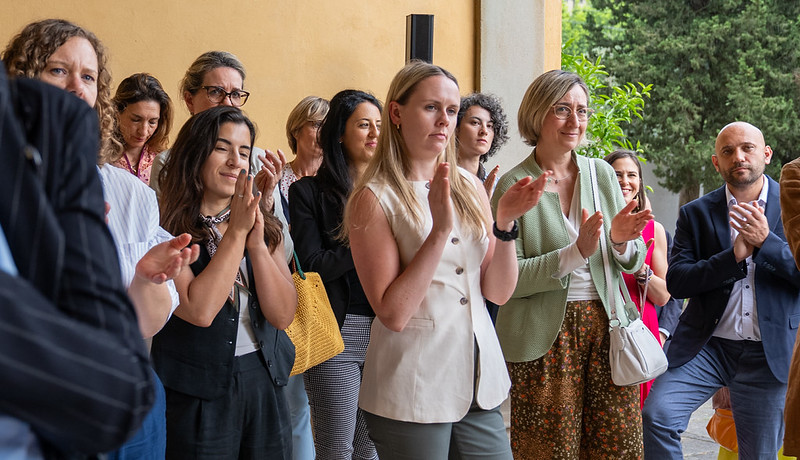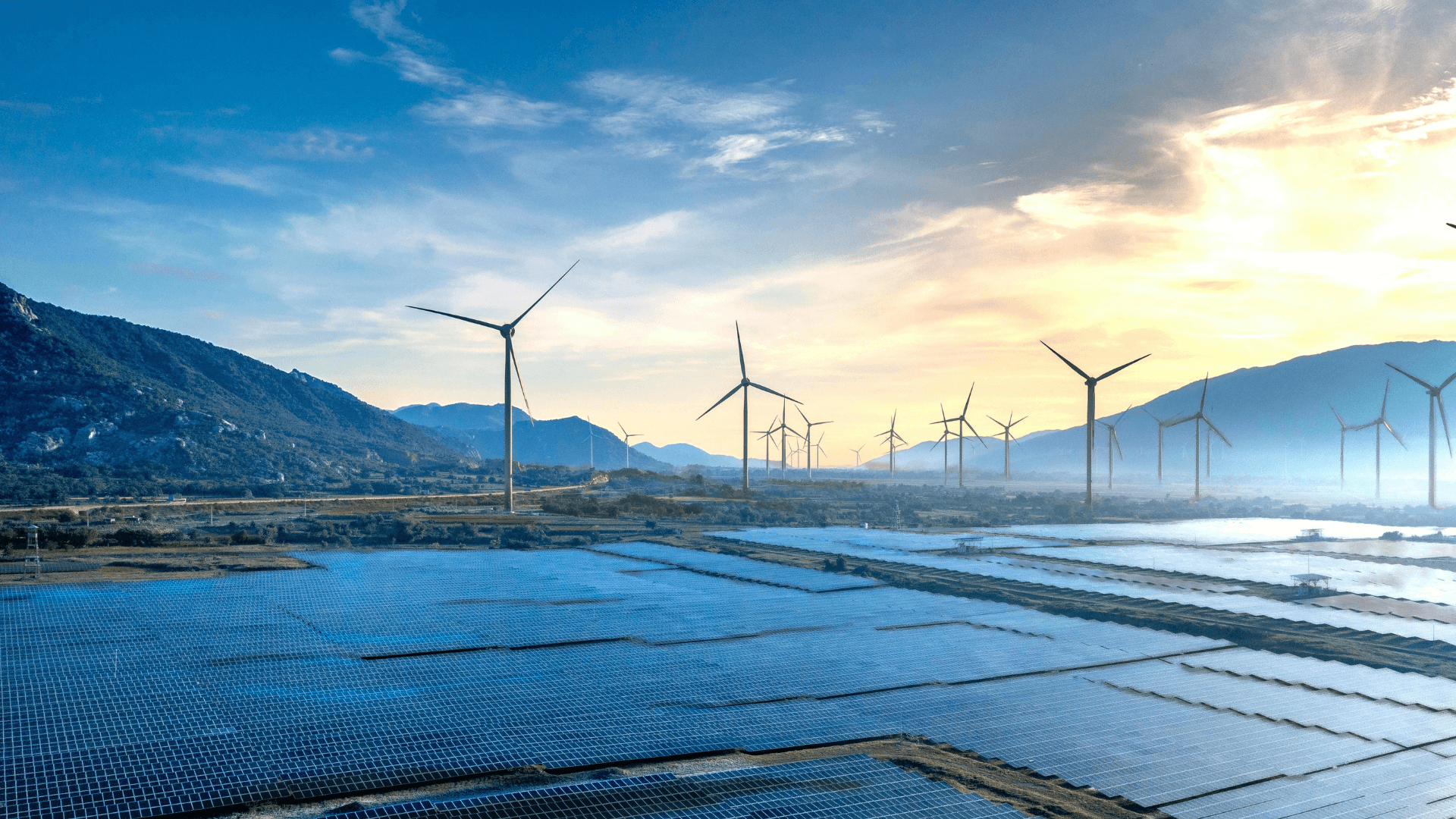Mobilising private investment for green, climate-resilient energy assets: The role of innovation in finance

Session 3 of the FSR Global Energy Innovation Week
Sustainable development goals imply aligning specific infrastructure investment needs with broader long-term development strategies. This requires a combination of policies (energy, climate and industrial policies), innovative financing solutions and support to technological development. Significant efforts associated with an investment in green, climate-resilient infrastructure are planned for the near future. Actually, as a part of the economic recovery action (associated with the potential contra-cycle measures post coronavirus crises), financial institutions may play an important role to guarantee efficient investments.
In the past decade, macroeconomic policies together with sector-specific factors have facilitated investor interest in green infrastructure. In fact, we have observed new profiles on the investment side, like pension funds, sovereign wealth funds and insurance companies. These companies have been increasing the value of creating an alternative asset class based on new infrastructure characteristics.
Public sector funding has been traditionally the main tool to include this kind of uncertain investment in market dynamics. However, for various reasons, public sector funding alone will be insufficient to meet the investment needed for the global transition to low-carbon economies, making significant private-sector involvement imperative.
In Session 3, we intend to address, among other topics:
- How to standardize the definition of “green investment”?
- What kind of policy we can design to facilitate the establishment of low-carbon infrastructure as an asset class?
- How to match expected returns with acceptable levels of risk?
FSR Global Energy Innovation Week
Energy Innovation Week will be comprised of 3 sessions, which intend to contribute the identification of common elements of the population of challenges that conform the current regulatory landscape, in order to define a framework that facilitates regulatory learning to realize financing of energy transitions.
Session 1: Digitalization and long-term investment in energy assets
Session 2: Public financing of green innovation: Matching offers and demand for financing
Session 3: Mobilising private investment for green, climate-resilient energy assets: The role of innovation in finance
Learn more about FSR Global’s Energy Innovation Week.
Don’t miss any update on our events
Sign up for free and access the latest events from our community.













